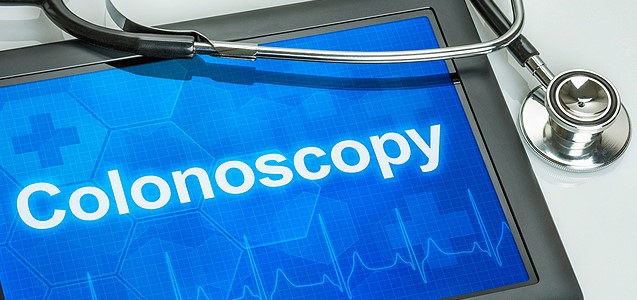
Colonoscopies Help Millions of People Annually, But What Can Go Wrong?
There are over 14 million colonoscopies performed annually. This can be a life-saving procedure for many individuals. Colonoscopy exams allow doctors to go inside the large intestine and the colon with flexible tubing attached to a small video recorder. The purpose is usually to use the video image from the recorder to identify polyps, ulcers, cancer or pre-cancerous growths. Tissue samples can also be collected and polyps can be removed during a colonoscopy.
Each year, colonoscopies are responsible for discovering about half of all diagnosed colon cancer, allowing them to save lives. Unfortunately colonoscopies can also do damage if the doctor performing the colonoscopy is unskilled, under-trained or negligent.
Injuries that can occur from colonoscopies include:
- Hemorrhaging
- Bowel Perforation
- Splenic Tear or Rupture
- Peritonitis
- Sepsis
Up to 2.5% of colonoscopies involve serious injuries, with 0.03%-0.7% being colon perforation (CP). CP is widely recognized as one of the most serious complications following a colonoscopy. A perforated colon can occur during colonoscopy if too much force is used to advance the scope, creating a puncture or tear in the wall of the intestine. Perforation can also occur if the biopsy forceps cut a hole completely through the wall of the intestine. If perforation occurs, causing air and bacteria to leak into the abdomen, it is a medical emergency.
Symptoms of a perforated colon or large intestine may include:
- Severe abdominal pain and tenderness
- Chills
- Fever
- Nausea and vomiting
Most patients notice these side effects within 24-48 hours after the colonoscopy takes place. If the perforation goes untreated the patient can become septic. Sepsis occurs when the body has an extreme reaction to bacteria or germs. Symptoms of peritonitis and sepsis include:
- Fever
- Rapid heart rate (tachycardia)
- Rapid respiratory rate (tachypnea)
- Confusion.
People who have CP almost always need emergency surgery to repair the hole, either by closing it or by removing the torn or punctured section of intestine. However, occasionally the hole may close on its own, allowing the individual to only need antibiotics and very careful monitoring, with x-rays and CT scans to confirm the hole remains closed and no abdominal infection or abscess develops. Failure to recognize and treat perforation due to colonoscopy is medical negligence.
Complications due to the perforation during colonoscopy are the cause of preventable injury and death. Our experienced attorneys fight for individuals who have been negatively impacted by the negligence of others.
If you would like to discuss a potential claim arising from an intestinal perforation during colonoscopy, the attorneys at Yost Legal Group are experienced professionals ready to investigate your claim with compassion and determination. For a free consultation, please call The Yost Legal Group at 1-800-YOST-LAW (967-8529.)
The Yost Legal Group – Experienced Attorneys Dedicated to Protecting Your Rights